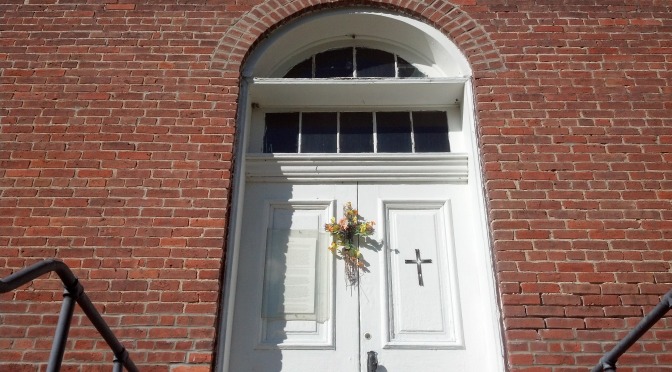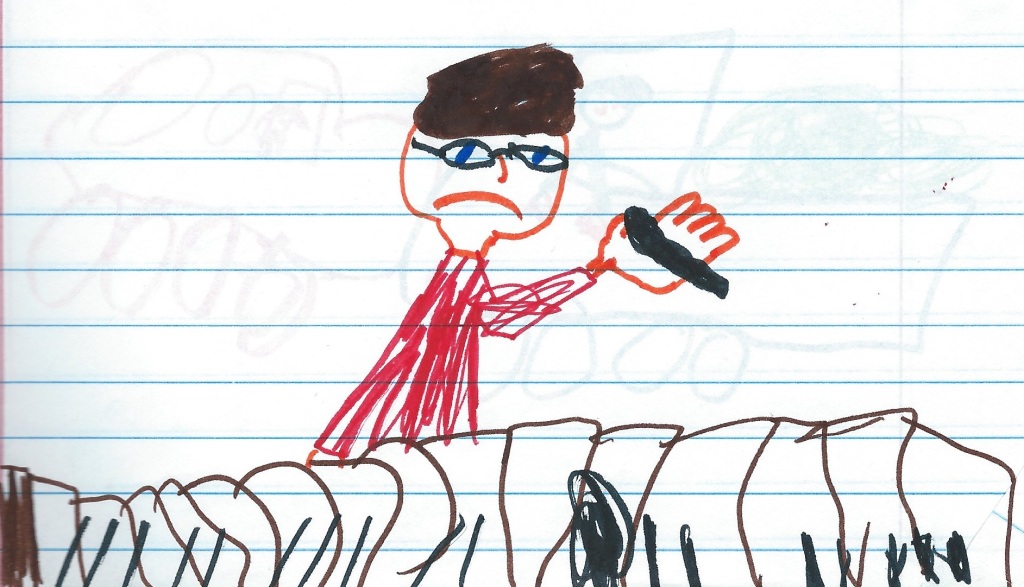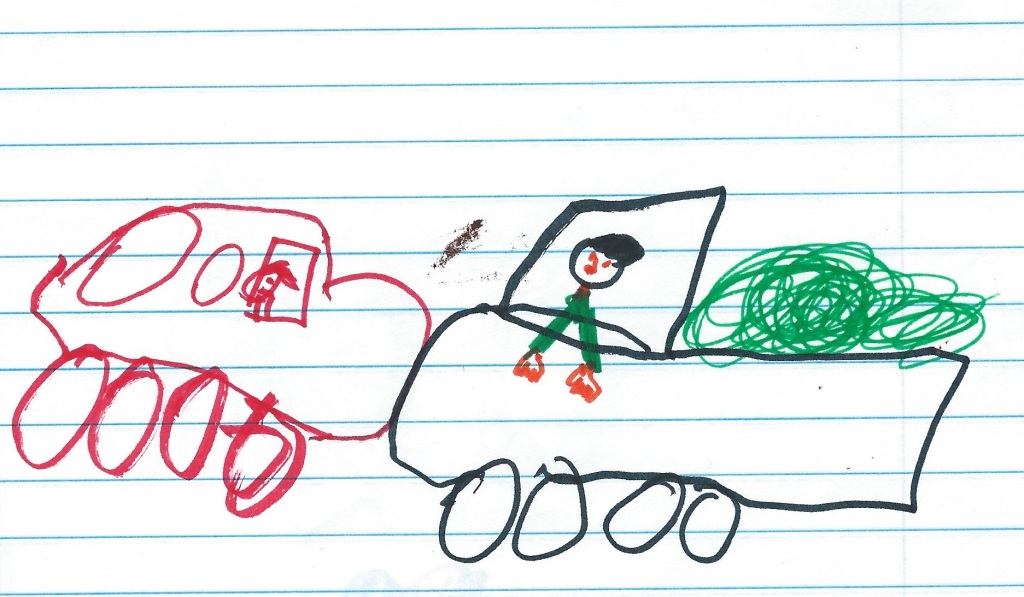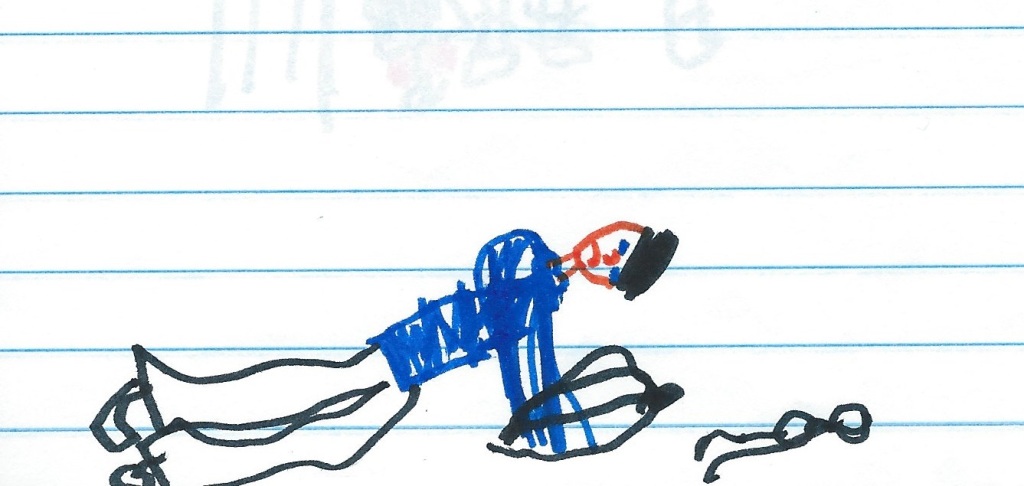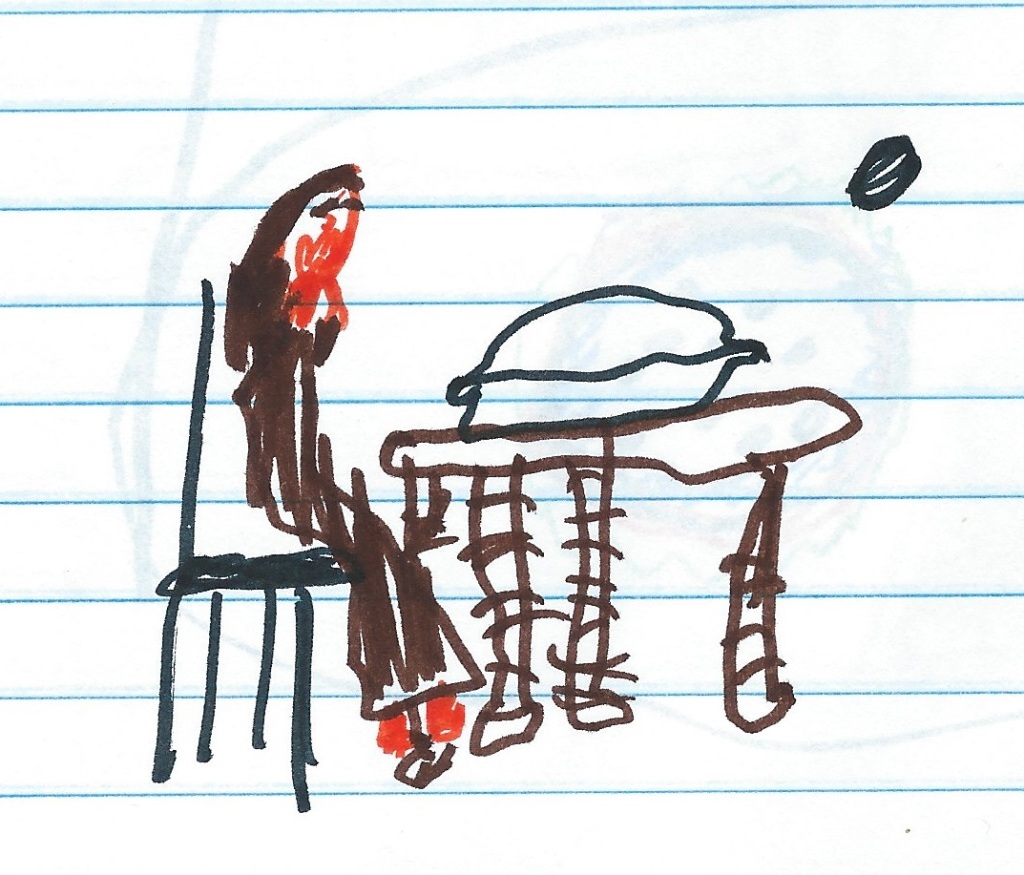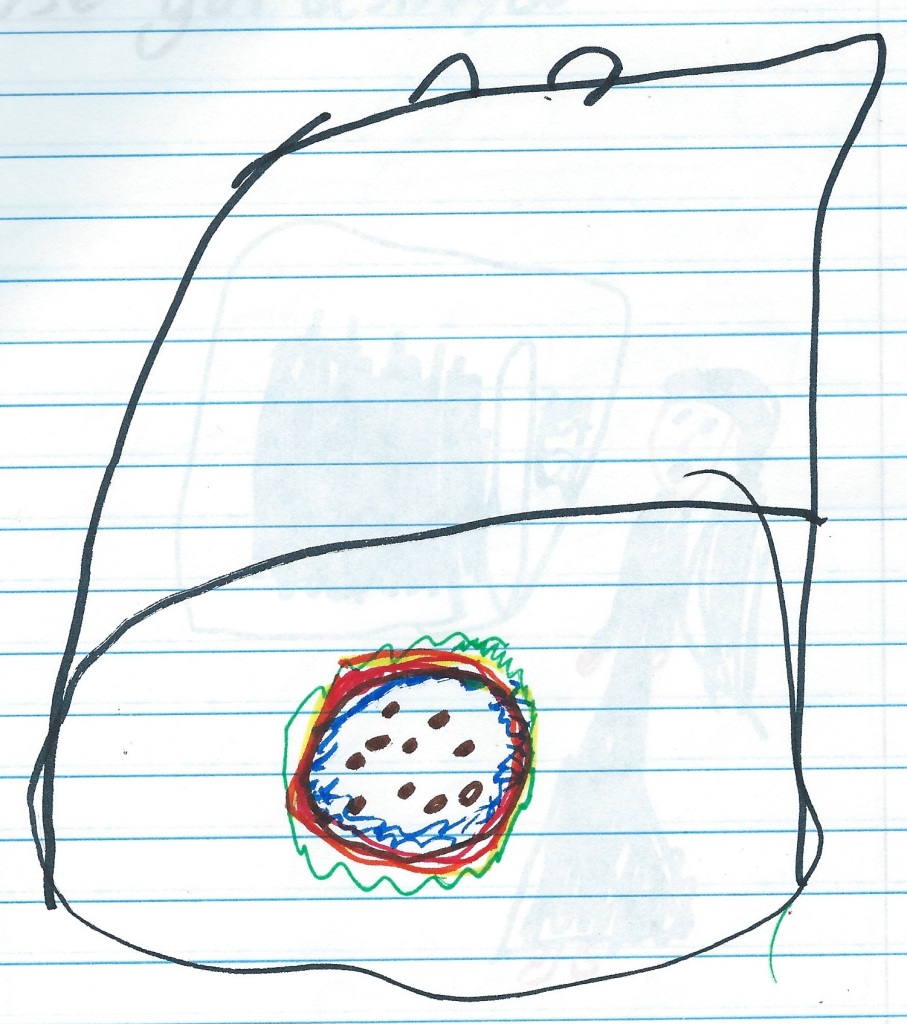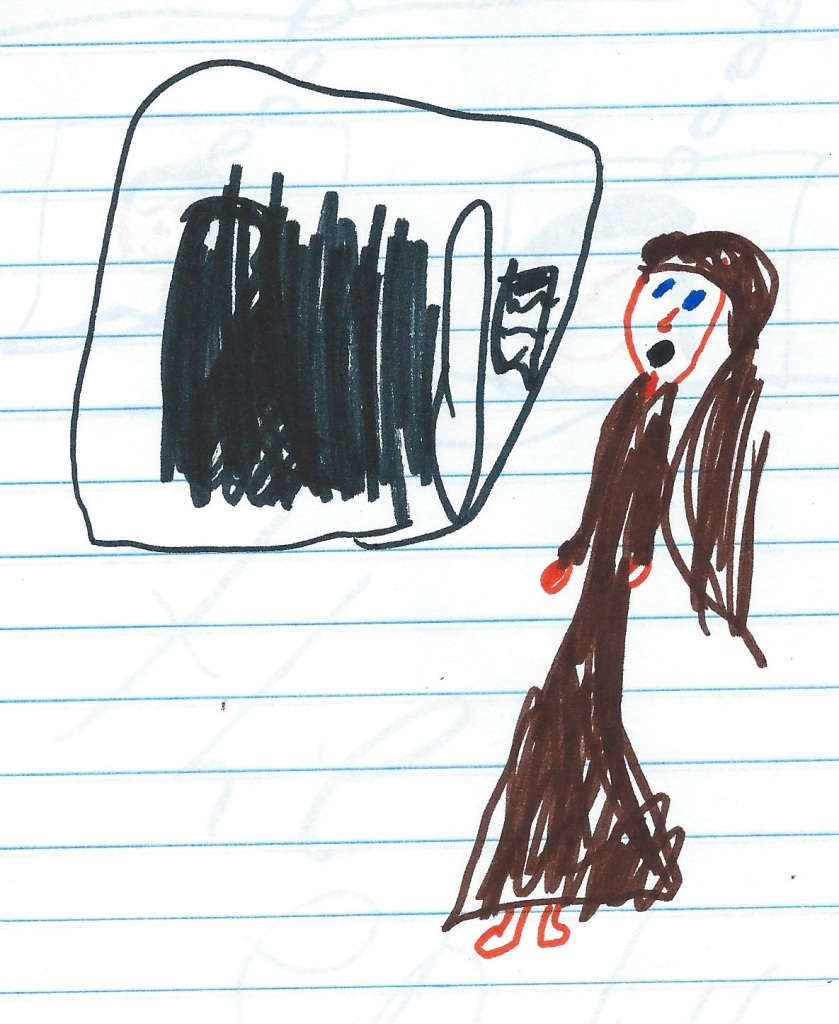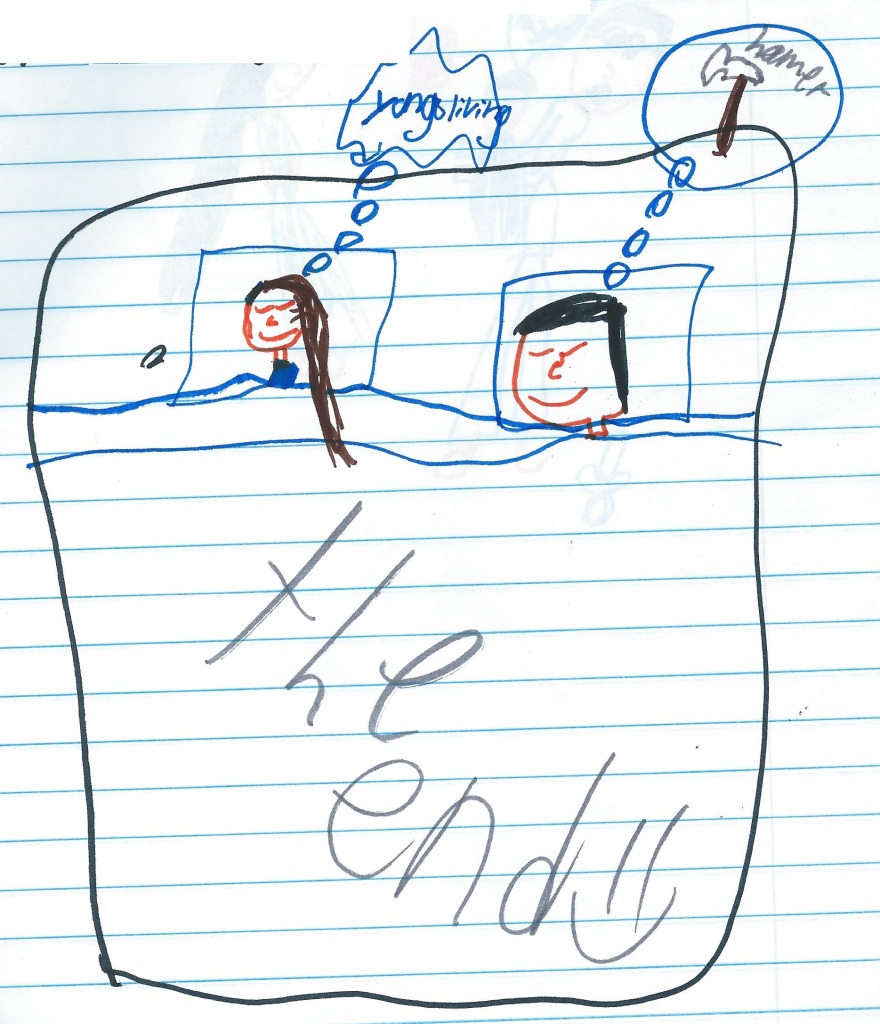Question: I read an article recently in a brotherhood paper which said that it was Jesus, not the Father, who was “walking and talking” with Adam and Eve in the Garden of Eden. His reasoning was that “A Spirit does not have feet and a voice …” And since Jesus is the only one from the Godhead who was said to become “flesh,” it must have been Him in the garden, and not the Father. This is confusing to me. Can you shed some light on the matter?—G.J.R., Oklahoma.
I have read the article that you refer to, and while I don’t necessarily have an issue with his conclusion, the arguments that he uses to get there are not valid.
The article is on the question “Where art thou?” from Genesis 3:9. This question was spoken by “The LORD God,” but as the person who wrote the article showed, the Godhead is comprised of more than one entity. And to quote the article, “therefore the phrase ‘Lord God’ does not ‘definitively’ answer the question!” To this, we fully agree. Just because something is said to be done by God doesn’t show us exactly which member(s) of the Godhead were the doers. For example, Genesis 1:1 says God created the heavens and the earth, but John 1:1-3 shows us that it was “the Word” [Jesus] who did the actual work of creating.
The article makes the statement that “the Father is the planner,” and gives some passages which show the Father is the one who planned and purposed the life, death, and resurrection of Christ (Acts 2:23, Ephesians 3:11). The article then states that Jesus is the “Executor,” that is, the one who actually does the doing of things. There is nothing in the article to pinpoint the Holy Spirit’s role is in the Godhead.
While we gladly admit that these statements are often the case, they are not always the case. They are not absolutes. We will show this to be the case momentarily.
The article, however, assumes that these distinctions are true 100% of the time, with no variation, and that therefore the Father is only ever the planner, and never the “executor” or doer of His will. Therefore, Jesus [the Word] is the only “Executor” or doer, and that everything that is actively done by God can only be done by Jesus.
Using these two descriptions as absolutes, the article proceeds to reason from them and apply them to Genesis 3:9. The exact quotation is:
[W]hen it is observed that “The Word/Logos” is the “Executor” and He created all things, it is correctly deduced that it was “The Word”, who became “flesh” (John 1:14) “walking and talking” in the Garden.
The problem with this reasoning is that the roles of the Godhead in regards to “planner” and “Executor” are not absolutes. For example, Jesus Christ was raised from the dead by the Father (Acts 13:30, 37, Galatians 1:1). The Father planned it, and the Father executed His plan Himself.
The quotation continues (immediately following the above quote):
A Spirit does not have feet and voice that spake the world into existence, which asked the question, “Where art thou?”
It is this argument that I have the biggest problem with. While it might sound good on the surface, the necessary conclusions from this statement violate Scripture. And if the necessary conclusions violate Scripture, then the statement itself must be wrong. The article argues that only one who “became flesh” can be “walking and talking” because “A Spirit does not have feet and voice that spake the world into existence.”
Here, we offer our objections:
(1) If it requires flesh to do “walking and talking,” then that demands that before the world could be spoken into existence, one of the Godhead had to become flesh. The writer states that a Spirit does not have a voice; therefore the necessary conclusion is that one of the Godhead had to be flesh before creation.
(2) Jesus is the only one of the Godhead who is said to have been “made flesh.” If it requires flesh for God to speak, the necessary conclusion is that every time we see God talking in the Bible, it’s actually Jesus speaking. This makes for a very interesting conundrum, because when Jesus was raised up out of the water after being baptized, a voice [God] spoke from heaven, saying “This is my beloved Son, in whom I am well pleased” (Matthew 3:17). Are we really to believe that Jesus (the only member of the Godhead who was ever in the flesh) was speaking to Himself from heaven, calling Himself His own Son?
(3) The Holy Spirit—one of the Godhead that did not become flesh—can speak (Acts 10:19-20).
There are other instances that could be used, but we believe these are sufficient to show that these arguments used in this article are not valid.
Please note: the article was written by a good, faithful gospel preacher. This response was written merely to bring to light some issues that the brother probably did not consider in his arguments. His conclusion, that it was Jesus who asked the question to Adam and Eve, is his opinion, and could possibly be the correct one. My problem was not with the conclusion, but with the reasoning used to get there.
———-
Because this question is now before us, I will present the evidence that I believe might point to a different conclusion.
When people read Genesis 3:8, they make an assumption that God Himself is “walking” in the Garden when this event took place. As in, this is God in human form, literally walking with human feet through the foliage. If that’s what Genesis 3:8 said, I’d stop right there and say, “that might be a pre-incarnate appearance of Jesus.” But that’s not what the text actually says.
Genesis 3:8 says “They heard the voice of God walking in the Garden.” It’s not God walking through the Garden; it’s God’s voice “walking” through the Garden. You might ask, “How does a voice walk?” The word which is translated “walking” is usually translated as went or go (or a variation of these two words). Thus, they heard the voice of God going through the Garden. They didn’t hear God Himself in human flesh walking through the Garden of Eden; they heard His voice as it went through the Garden.
Luke 3, in giving the complete genealogy of Jesus, states that Adam is the son of God (Luke 3:38). The member of the Godhead that Adam would have interacted with, it seems, would have been his “Father.”
We’ve already shown from the incident at Jesus’ baptism (and to that, we could add the Transfiguration) that the Father is fully capable of speaking to humans in a voice they can understand.
These arguments are not definitive in answering the question, but they absolutely show that the Father could easily have been the one whose voice went through the Garden of Eden, asking Adam and Eve “Where art thou?”
-Bradley Cobb


